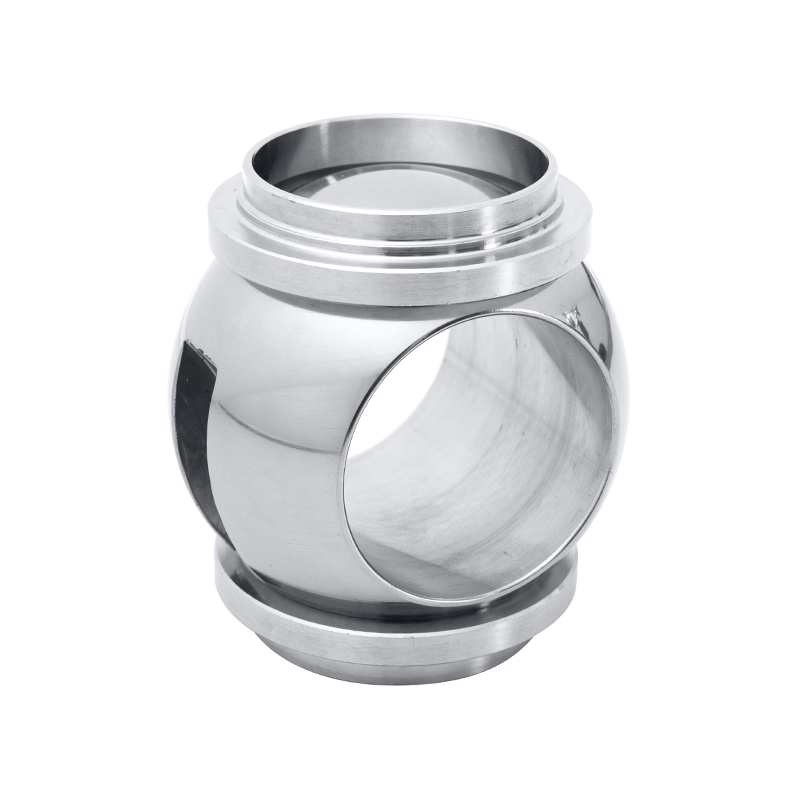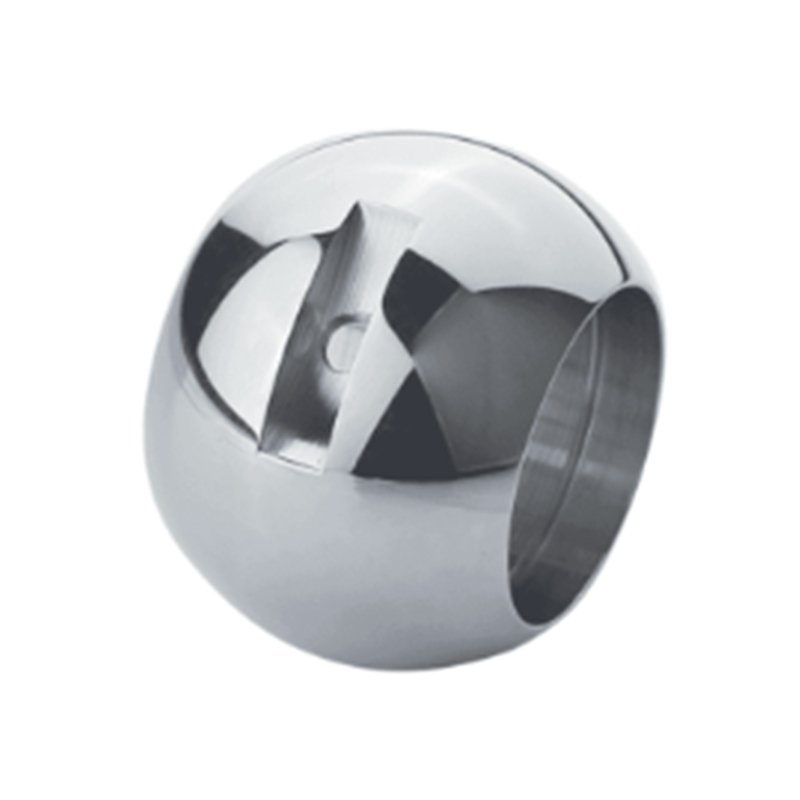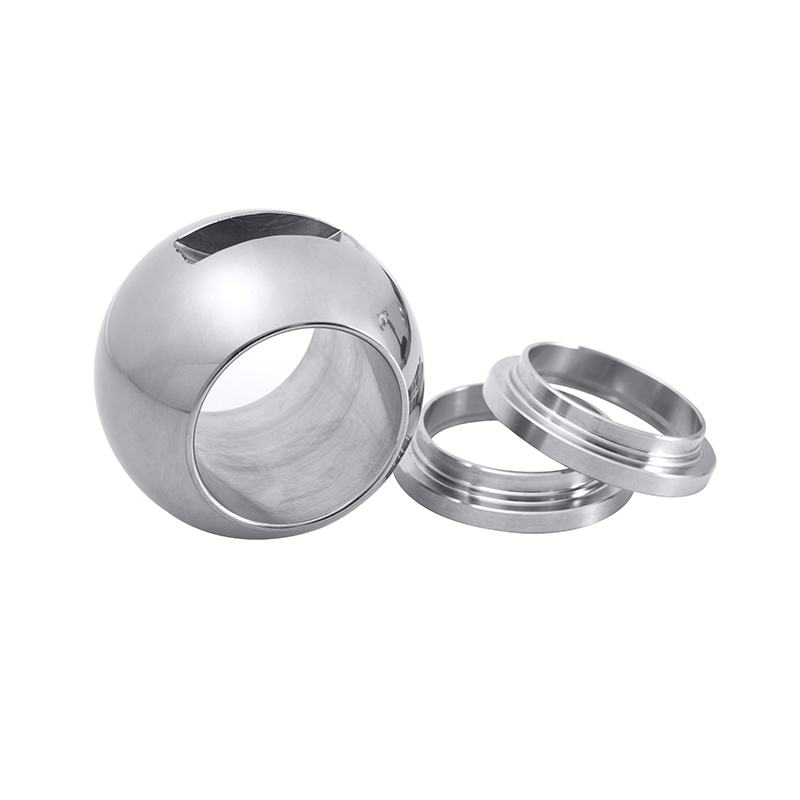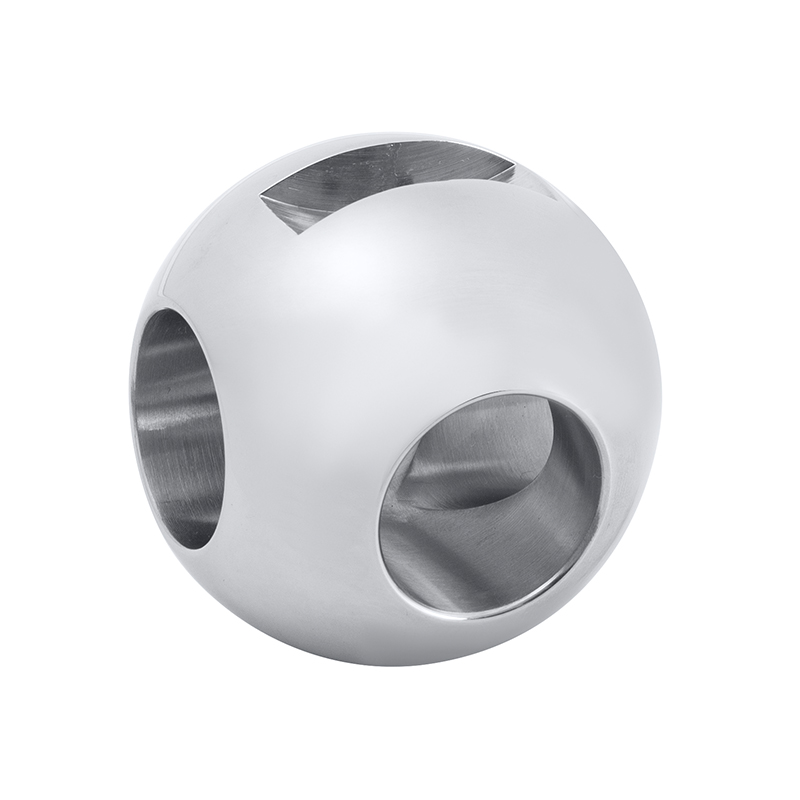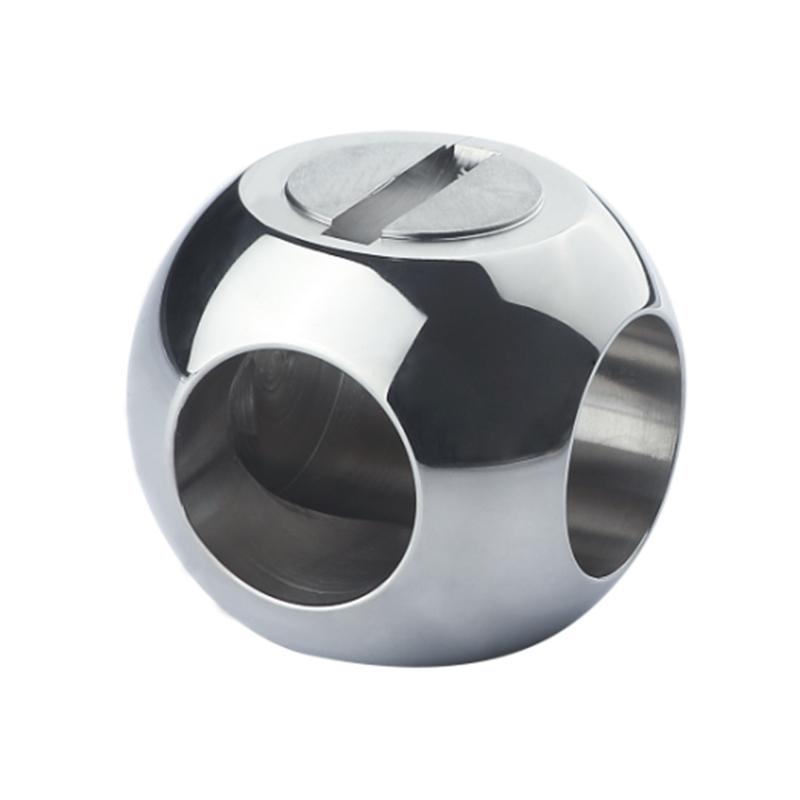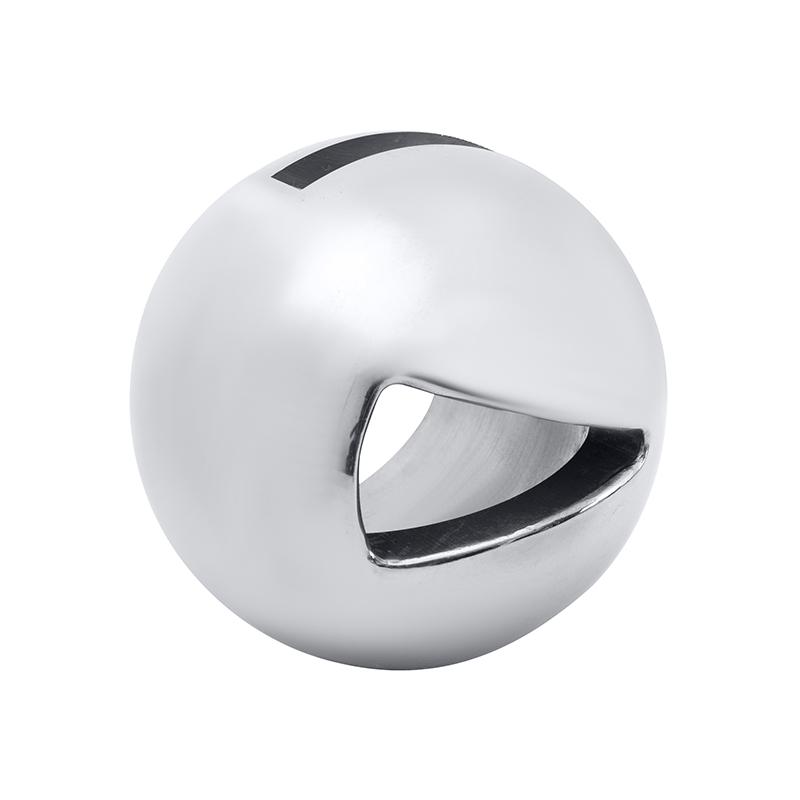In modern industrial systems, the reliability and longevity of valves are crucial for maintaining efficient operations. Among various valve technologies, the incorporation of a Hard Seal Ball has become increasingly significant. This type of component is designed to enhance the durability and operational stability of valves, particularly in demanding environments where wear and corrosion can affect performance.

Understanding Hard Seal Ball Technology
A Hard Seal Ball is distinguished by its ability to resist deformation and surface wear. In traditional valve designs, soft seals may deteriorate under high pressure, chemical exposure, or bad temperature fluctuations. Hard seal balls, often made from materials with high hardness and corrosion resistance, maintain their shape and sealing capabilities over extended periods. This makes them suitable for applications where reliability is a central concern.
Integration with At Controls Ball Valves
When combined with at controls ball valves, hard seal balls contribute to precise fluid control and reduced maintenance requirements. These ball valves are designed to regulate flow with accuracy, and the hard seal provides a consistent sealing surface that less leakage. In pipelines handling chemicals, steam, or abrasive fluids, the synergy between hard seal balls and ball valve designs ensures smoother operation and fewer unexpected interruptions.
Advantages in Industrial Applications
Industrial environments often expose valves to challenging conditions. High-pressure pipelines, repeated operational cycles, and abrasive or corrosive substances can compromise standard sealing materials. By implementing a Hard Seal Ball, industries can address these challenges without frequently replacing valve components. In addition to mechanical resilience, hard seal balls maintain consistent sealing performance, which helps reduce downtime and supports overall system efficiency.
Maintenance and Longevity Considerations
One of the practical benefits of at controls ball valves with hard seal technology is the reduced need for intensive maintenance. Traditional valves may require periodic adjustments or part replacements, especially in high-stress operations. With hard seal balls, the wear rate is slower, and the valves retain functionality for longer intervals. This can be particularly advantageous in remote facilities or processes where maintenance access is limited. Regular inspections are still necessary, but the frequency of interventions can be reduced, which contributes to operational stability.
Applications Across Industries
The combination of hard seal balls and ball valves finds applications across multiple sectors. In chemical processing plants, they manage corrosive fluids with small leakage. In energy production and water treatment, they provide reliable flow control under variable pressures and temperatures. Even in manufacturing settings where abrasive materials are present, the durable seal ensures that valves continue to operate effectively. The adaptability of these components makes them suitable for a wide range of systems that require both precision and reliability.
The integration of a Hard Seal Ball into at controls ball valves represents a practical approach to enhancing durability in industrial valve applications. By providing resistance to wear and maintaining a consistent sealing surface, hard seal balls contribute to longer valve life, reduced maintenance, and improved operational stability. As industries continue to demand resilient and reliable systems, this technology plays a key role in supporting efficient and safe fluid management.

 English
English Español
Español Deutsch
Deutsch

